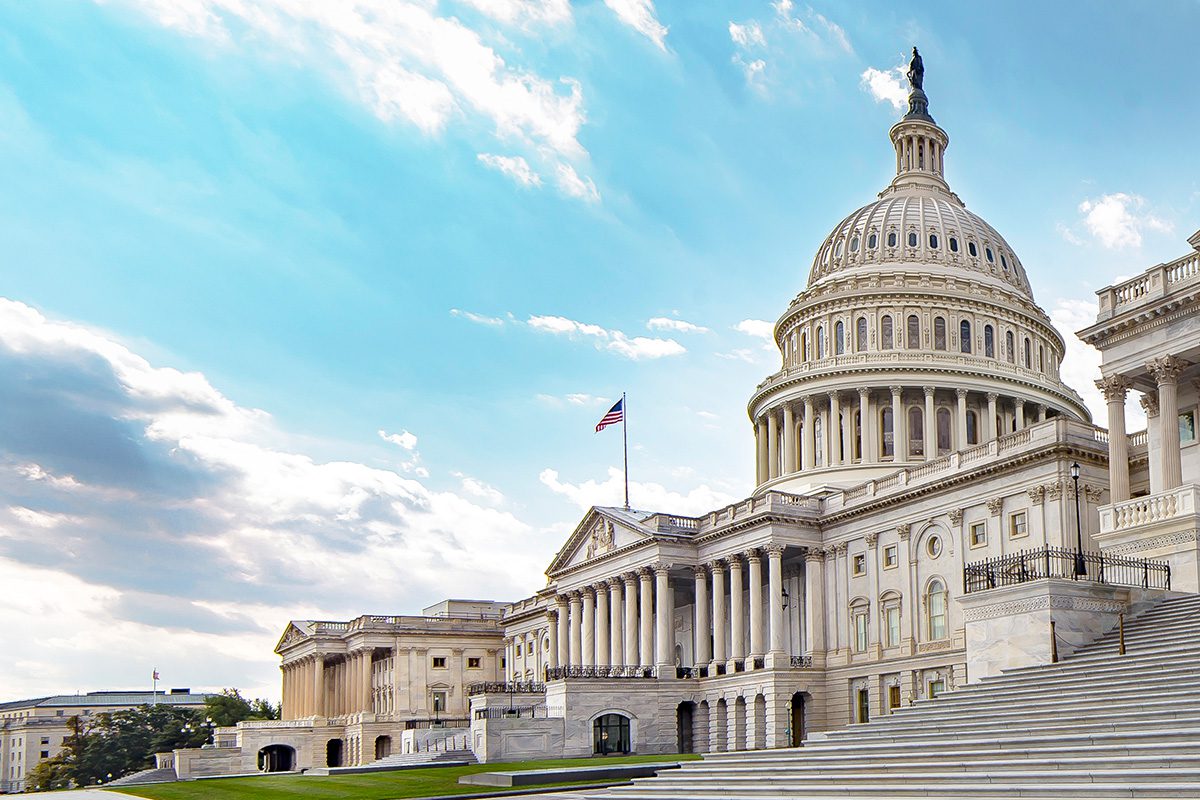
Summary: For business and occupation tax purposes, the Washington Court of Appeals agreed with the Department of Revenue that wholesale sellers must source their sales that are part of a drop shipment transaction to the location where their customer’s customer receives delivery of the product.
A recent decision by the Washington Court of Appeals (the Court) has significant ramifications for wholesale sellers utilizing drop shipment models. The Court approved the Department of Revenue’s (Department) interpretation of the term “purchaser” in the context of a wholesale seller drop shipping products to an end consumer located in Washington.[1] The decision impacts the method that taxpayers are required to use for sourcing receipts for the state’s business & occupation (B&O) tax, which is a broadly applicable gross receipts tax.
The Drop Shipment Sourcing Dilemma
How to source revenue from a sale of a drop shipment transaction is a recurring challenge across state tax laws. Undoubtedly, some of the rules that have developed around drop shipments for state income and sales tax purposes can be relatively complicated. Still, the crux of the sourcing issue is rather straightforward from the perspective of the drop shipper: should the sale be sourced to the location of the actual “purchaser” in the wholesale transaction (i.e., the reseller that orders the product from the wholesale seller) or the ultimate beneficiary and recipient of the product (i.e., the reseller’s customer)?
This is an important issue for Washington’s B&O tax because, although wholesale sales are not included in the state’s sales, the B&O tax applies to both retail and wholesale sales, albeit at slightly different tax rates. Thus, despite not being required to collect sales tax, a seller making a wholesale sale that is sourced to Washington (assuming the seller has nexus with the state) will be required to report the receipts from that sale as being subject to the B&O tax.
A Closer Look at the Case
The taxpayer, a wholesale seller of information technology products based outside of Washington, argued that they were not liable for the B&O tax on drop shipment sales delivered to Washington end customers when their own customer (i.e., the retailer) was located outside of the state. The taxpayer argued that these sales should be sourced to the retailer’s location, not Washington. Based on the relevant statutory authority in Washington addressing the B&O’s sourcing rules, the taxpayer seemingly had a solid argument. The relevant statute provides for a hierarchical method of sourcing receipts from sales of tangible personal property, taxable services, and digital products in determining whether the receipts are properly assigned to Washington and subject to the B&O tax. When the purchaser does not receive the product or service at the seller’s business location, the statute and regulation generally provide for sales to be sourced as follows:[2]
- The location at which the purchaser or the purchaser’s donee receives the property or service;[3]
- If (1) does not apply, then the sale is sourced to the purchaser’s address as shown on the seller’s records or as obtained during the consummation of the sale; or
- If (1) or (2) do not apply, such as when the seller has insufficient information, then the sale is sourced to the location from which the property or service was shipped (i.e., origin-based sourcing.
However, in the context of a drop shipment transaction, Rule 193 provides for a different approach. The regulation states that “[t]he place of receipt in a drop shipment transaction is where the property is delivered.”[4]
The taxpayer argued that the provisions in Rule 193 related to drop shipments exceeded the Department’s statutory authority. Under the sourcing rules above, because the actual purchaser (i.e., the out-of-state retailer) never receives the product in a drop shipment transaction, then the hierarchical rules above require the sales to be sourced to the address of its purchaser, not to the purchaser’s Washington-based customers’ address.
Unpacking the Court’s Decision
Ultimately, the Court reasoned that Rule 193 did not exceed the Department’s statutory authority because the rule was a reasonable interpretation of the ambiguous term “purchaser,” which is not defined in the statute. The Court somewhat sympathized with the taxpayer by conceding that the “wholesale purchaser’s customer clearly is not purchasing anything in the wholesale sale.” Instead, “[r]ather than being a purchaser, the customer is simply the beneficiary of that sale.”
While concluding that both parties’ interpretations of “purchaser” were reasonable, the Court sided with the Department’s approach in Rule 193 because it was “consistent with the common sense realities of the drop shipment transaction” in that “the wholesale purchaser’s customer is the actual purchaser.”
The decision was guided by prior case law from the state’s Supreme Court, that looked at how a drop shipment transaction is initiated, and stated that the wholesale purchaser is placing an order “only because it first received an order from its customer in Washington” resulting in the Washington recipient “for all intents and purposes” being the purchaser of the wholesale seller’s goods.”
Final Thoughts: Washington Courts Shaping B&O Tax Sourcing
In the end, the result of the case is rather straightforward. A wholesale seller of tangible personal property is required to source sales for B&O tax purposes to the location where the product is delivered, and in the context of a drop shipment the delivery location is that of the retailer’s customer.
Complexities could arise when applying this ruling to sales of certain services, especially given Washington’s recent legislation that expands the B&O tax to a broader scope of services effective October 1, 2025. Specifically, whether the retailer ever “receives” the service of the wholesaler prior to the service being received by the retailer’s customer may depend on the specific nature of the service at issue and how that service is provided to the end customer. In other words, determining whether a service transaction is even a “drop shipment” to begin with is much more difficult as compared to a sale of tangible personal property. Further, given that the section of Rule 193 addressing drop shipments only specifically mentions sales of tangible personal property, this decision likely does not provide complete clarity on the sourcing of all sales that are subject to the B&O tax.
[1] Synnex Corp. v. Wash. Dept. Rev., Wash. Ct. App., Dkt. No. 59561-3-II, 07/22/2025.
[2] RCW 82.32.730(1); WAC 458-20-193 (Rule 193).
[3] Rule 193 specifically defines “purchaser’s donee” as “a person to whom the purchaser directs shipment of goods in a gratuitous transfer (e.g., a gift recipient).” Thus, the purchaser’s customer in a drop shipment transaction is not the “purchaser’s donee.”
[4] See Rule 193, Part III.


